The second festival honoring female governors was held at the Shahid Beheshti School of Governance.
The winners of the second festival, according to Dr. Bakhtiari, highlighted the necessity of training female governors and emphasizing the role of women in the country's governance responsibilities.
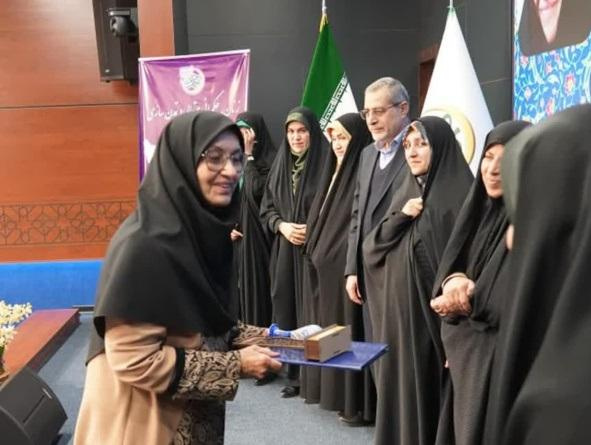
According to the Public and International Relations Center of the Supreme National Defense University, the event featured Dr. Zahra Behrouz Azar, Vice President for Women and Family Affairs; Dr. Hassan Bakhtiari, President of the Shahid Beheshti School of Governance; Dr. Marzieh Vahid Dastjerdi, Secretary of the National Population Headquarters; several female representatives from the Islamic Consultative Assembly; and a number of female governors. The festival celebrated active women in various governance fields as its honorees.
At the beginning of the session, Dr. Bakhtiari expressed his warm greetings and congratulated everyone on the birthday of Hazrat Fatemeh Zahra (peace be upon her), emphasizing the importance of holding this festival. He stated that this festival is being held for the second year to draw greater attention to training female governors and highlighting the role of women in the country's governance responsibilities. He also stressed the need to create the necessary conditions for employing capable and deserving women in managerial positions. Continuing the conference, Dr. Fahimeh Farah-Mandpour, a member of the Supreme Council of the Cultural Revolution, added that when we speak of women's participation in governance processes, our perspective goes beyond mere demographic ratios. She noted that women's governance can possess characteristics that align more closely with a more comprehensive governance model based on wise leadership, showcasing a more holistic approach to governance.
She stated that women are seriously involved in the fields of knowledge production and social and political participation, but noted that women's entry into governance remains far from ideal. A member of the Supreme Council of the Cultural Revolution discussed the role of women in countering cognitive warfare, explaining that cognitive warfare is essentially a multifaceted and multidimensional conflict that affects all aspects of human perception. This type of warfare encompasses media, information dissemination, knowledge, attitudes, and political and social arenas. The Supreme Council of the Cultural Revolution has outlined various programs related to cognitive warfare concerning women and family, and we are focused on prioritizing our four-year program initiatives for the first year.
Dr. Marzieh Vahid Dastjerdi, Secretary of the National Population Headquarters, emphasized the role of support in childbearing, stating that global experiences show that coercion in this matter is ineffective. Instead, social, economic, and cultural support must be provided to families so they feel accompanied and supported.
At the conclusion of the festival, Zahra Behrouz Azar, Vice President for Women and Family Affairs, highlighted the esteemed position of Hazrat Zahra (peace be upon her) and her maternal qualities. She noted that Hazrat Zahra (peace be upon her) was a mother with a profound sense of empathy, not only for her own children but also for everyone around her and the children of her land.
She emphasized that the role of female governors is crucial in strengthening empathy and synergy within society. The fourteenth government believes that all capacities, including those of women, youth, and ethnic groups, must be utilized, and no group should be overlooked.In the final section of the festival, 15 female governors, including several pioneers and current leaders, were honored. Their positions included minister, deputy minister, organization head, director general, judge, governor, and mayor from various regions of the country.
The festival was held with the themes of "Women, Governance, and Civilization," and it appears that this initiative has made significant strides toward advancing the goals of enhancing women's governance in the country. The specific objectives included:
- Recognizing and honoring successful female governors
- Promoting the discourse of the Supreme Leader regarding women and governance
- Highlighting the role of women in the country's governance.


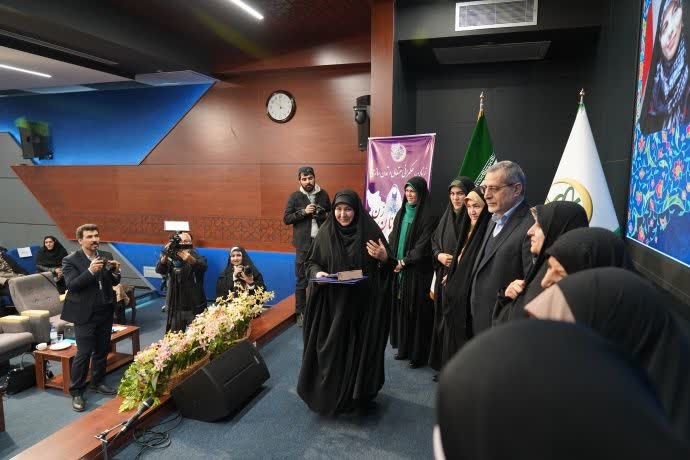
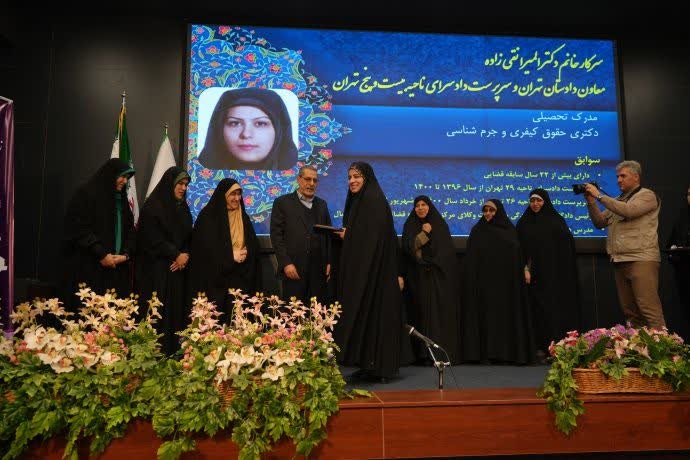
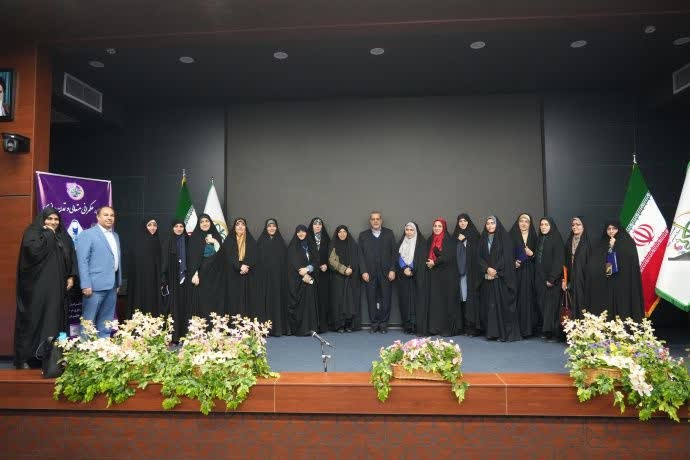
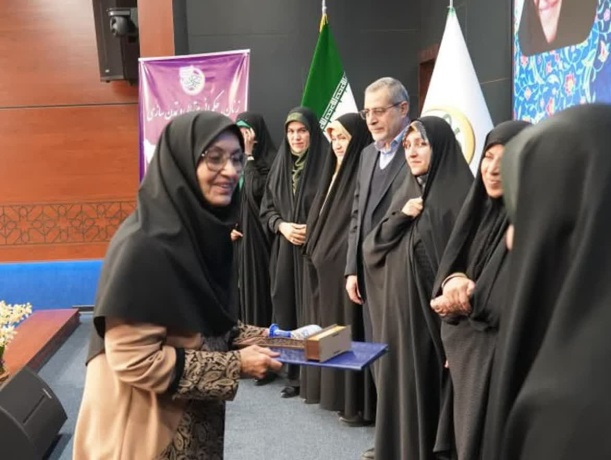
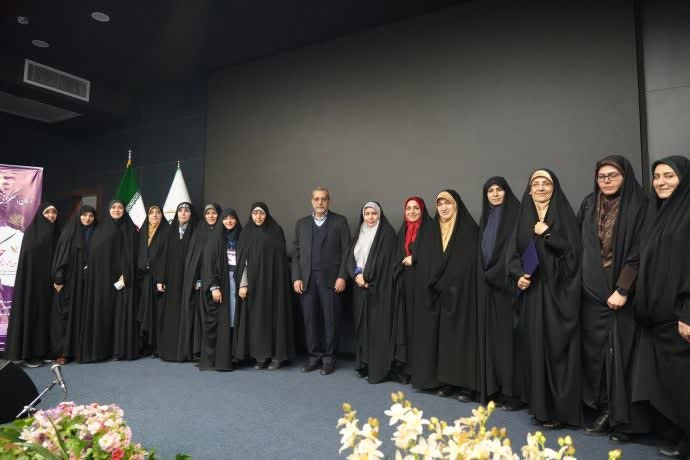
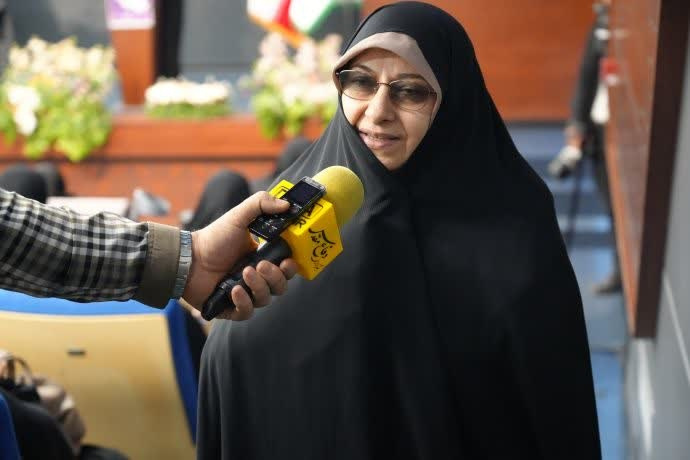
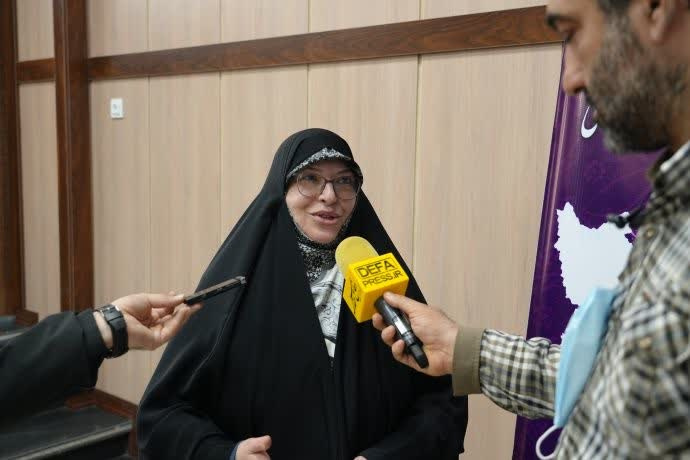
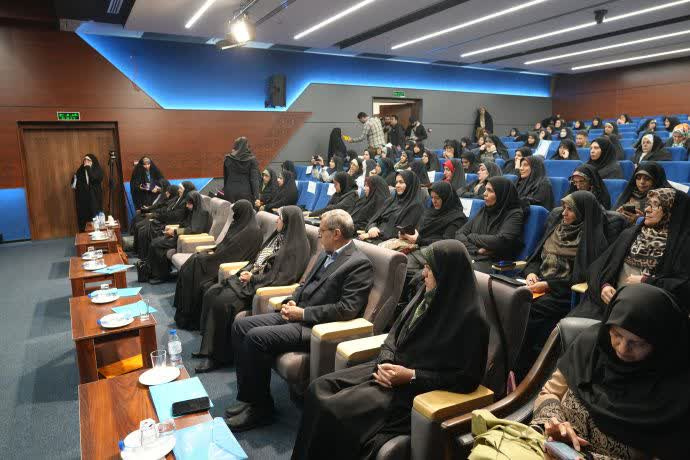
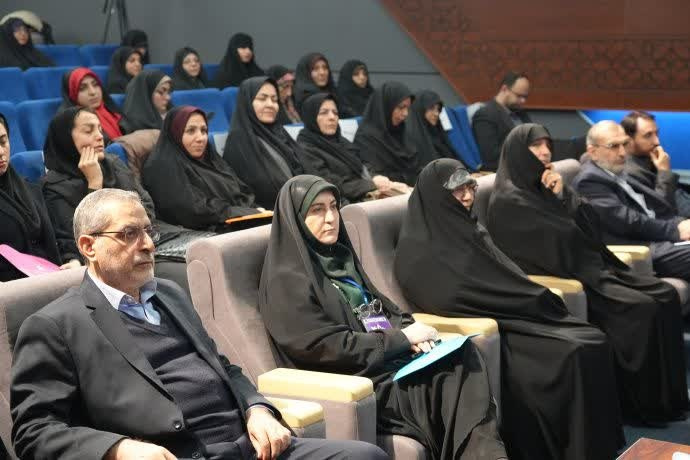
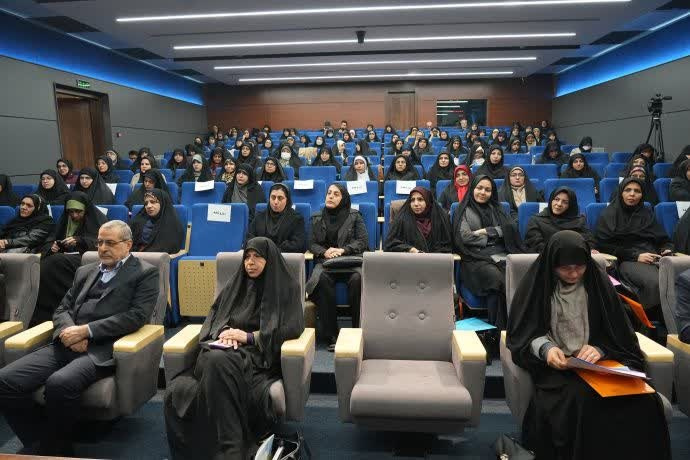
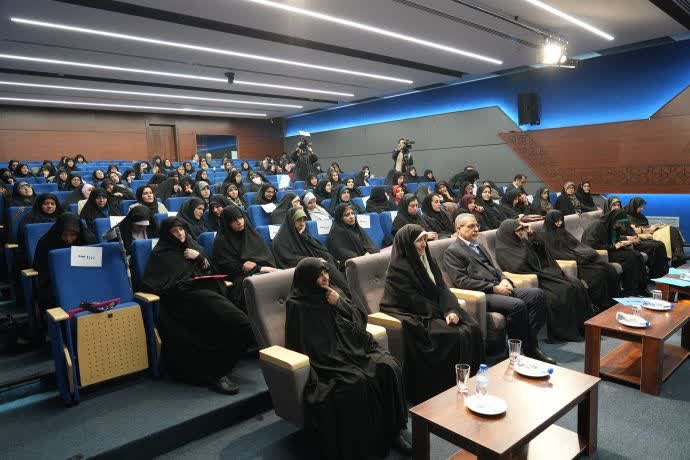
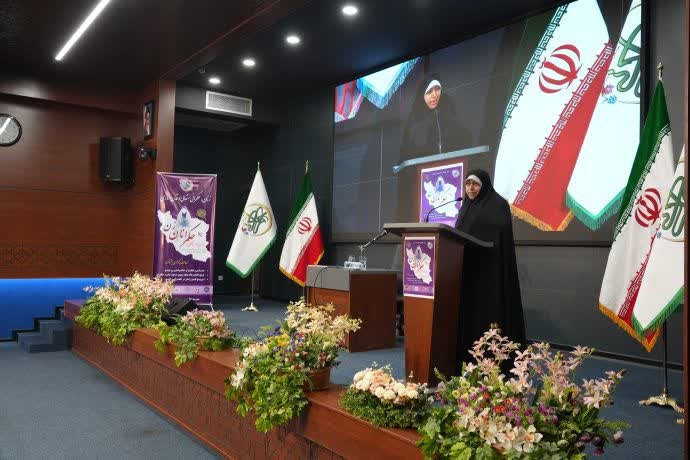
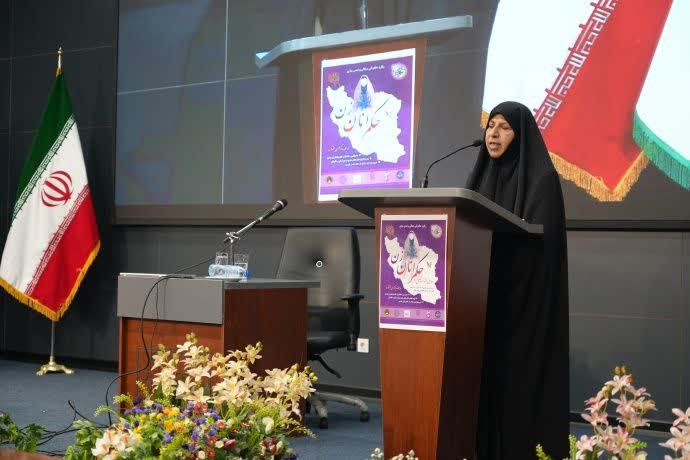
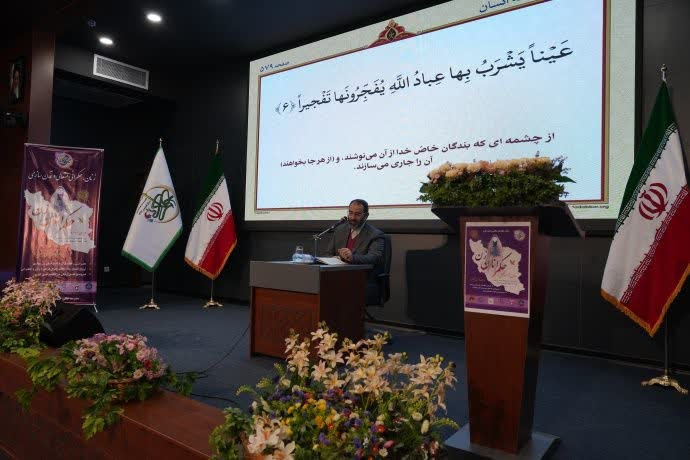
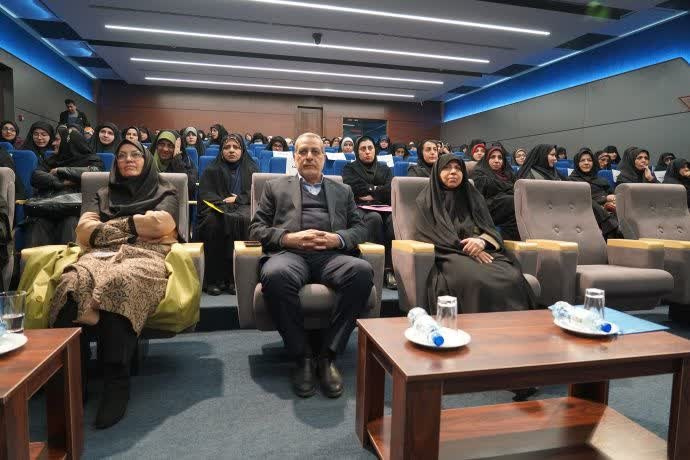
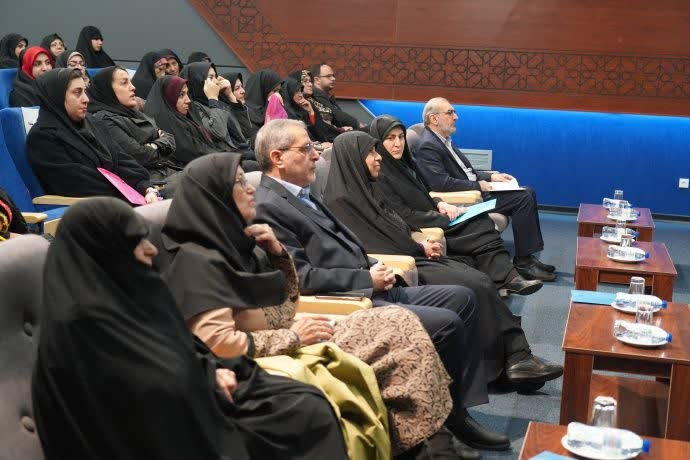

















Your Comment :